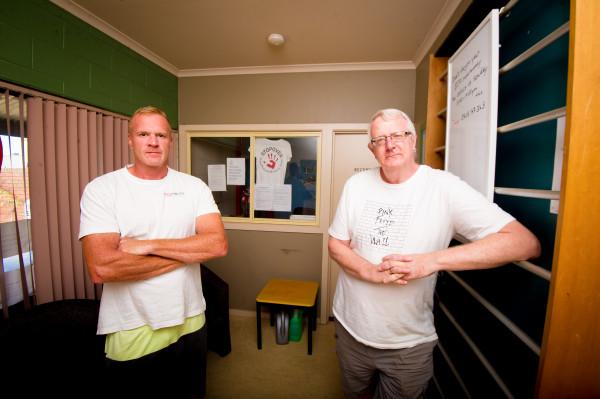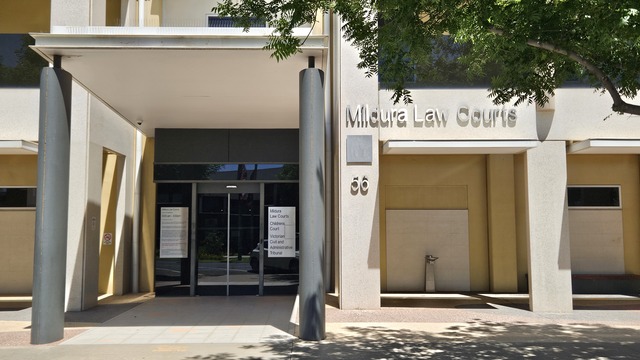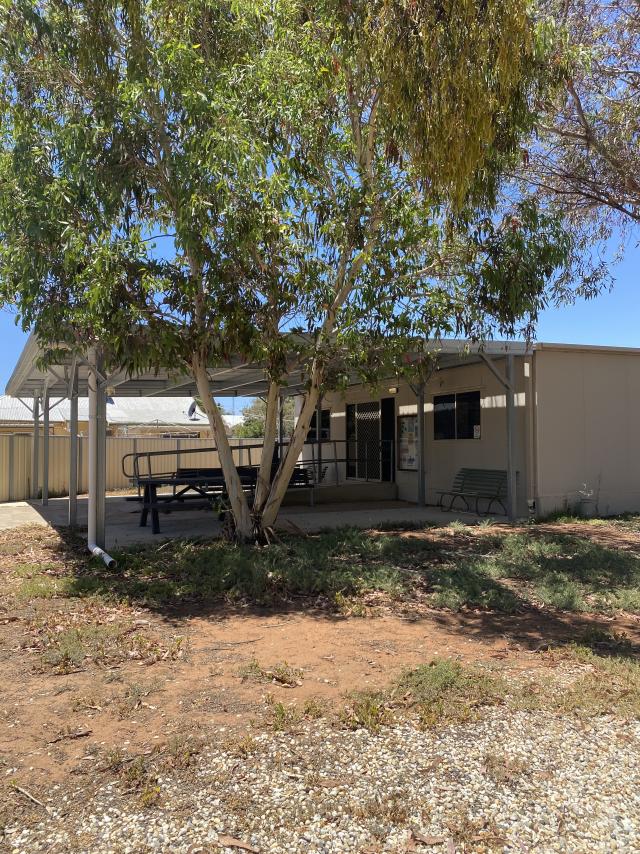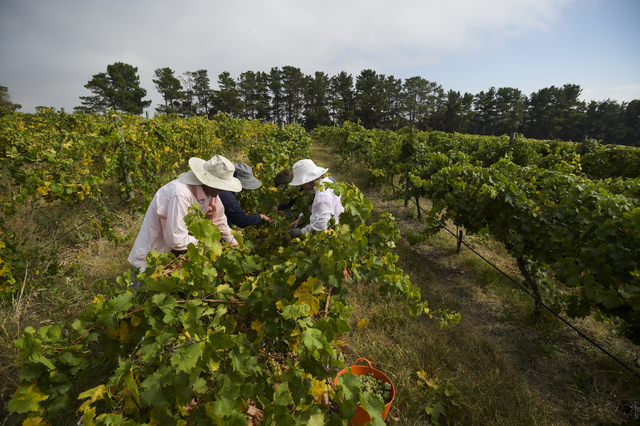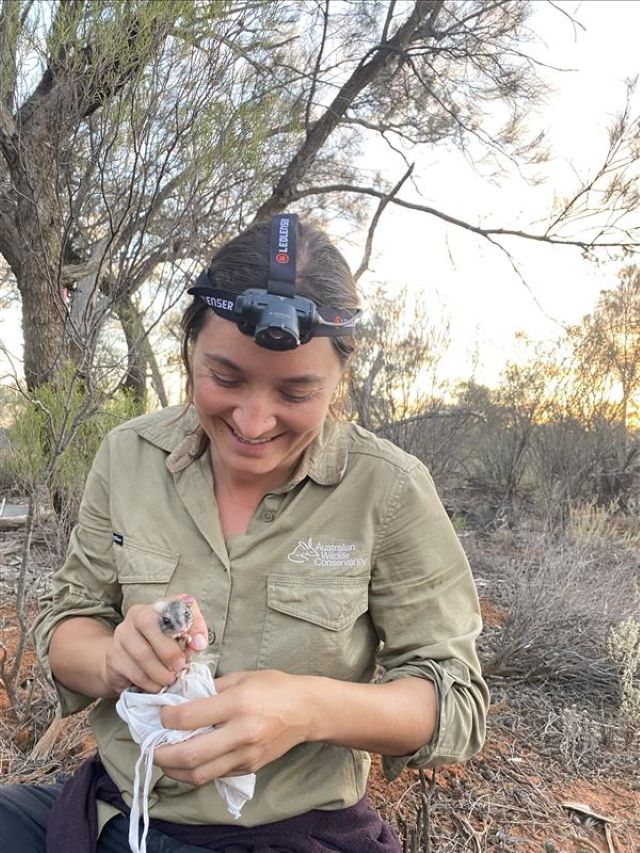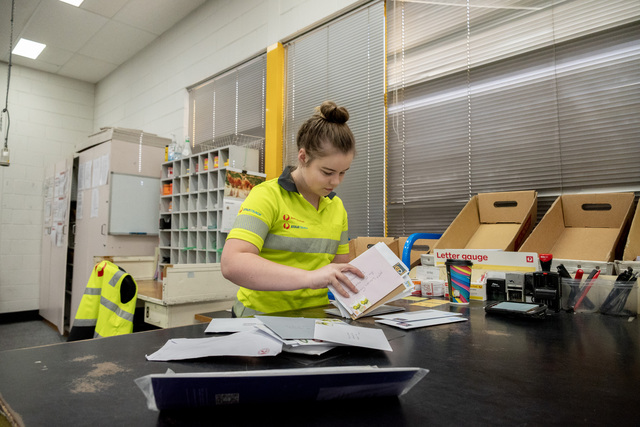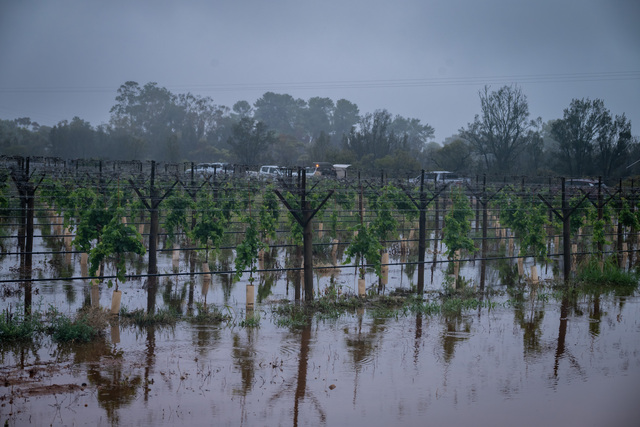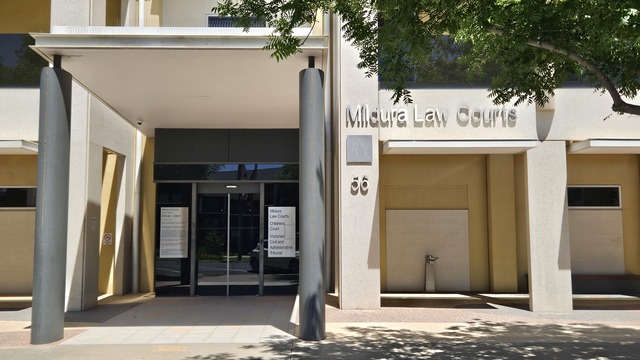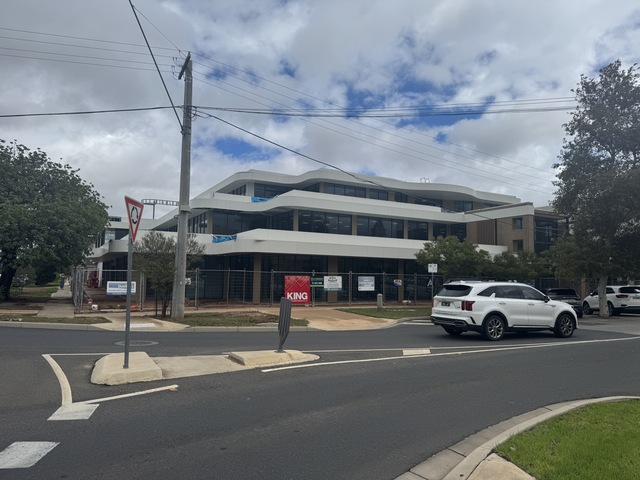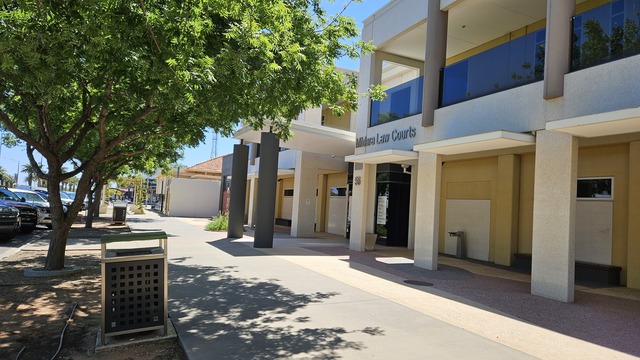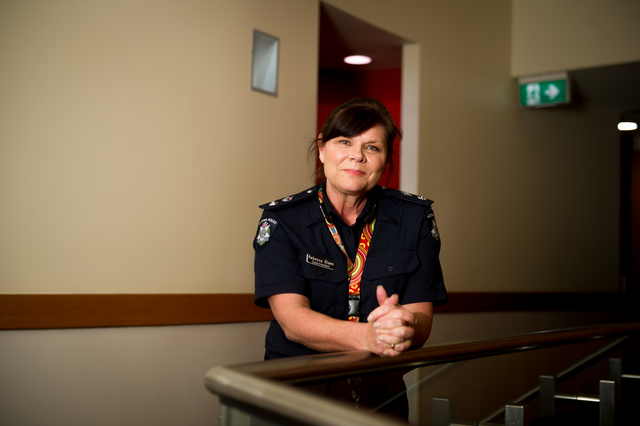EVERY day Mildura hostel owners John and Craig George wait patiently by their phones for calls that never come.
This time last year, the pair would field about four calls a day from backpackers keen to stay at one of the two hostels the father-son team co-run.
But John said they hadn’t had a call in days.
Of the 75 beds available between the hostels, only six are taken at Mildura Stopover Guesthouse.
The other hostel, Mildura International Backpackers, has shut indefinitely and the pair are unsure whether it will reopen.
And as the number of backpackers in the country plummets, John and Craig are afraid their situation will only get worse.
The pair have run the hostels for 12 years, during which time their core customer base has been backpackers fulfilling the 88 days of farm work required to secure a second or third year of their working holiday maker visas.
John said while numbers had been “solid” through winter due to backpackers who had arrived in Australia earlier in the year, numbers “nosedived” in October.
Now the only calls they were receiving were from local horticultural employers looking for workers.
“We thought there would be a change when the hard lockdown in Melbourne lifted, but there was no rush of people,” John said.
“We still get calls from employers asking for someone to fill a job, but we haven’t got anyone.
“And by the time we do, that job’s been given to someone else.”
John said the incentives from the federal and state governments aimed at attracting jobseekers to undertake rural farm work had produced no payoff for their business.
He said while they were unable to access government support, they had started exploring their own ways of attracting workers to the region in the hope the hostel would soon be refilled.
“We can’t see our core customer base coming back in a hurry,” he said.
“I don’t want to die wondering if my business is going to fall into a complete and utter heap without doing something about it.”
Craig said they were now calling on Mildura Rural City Council to co-ordinate with other councils in the state to bring people on bridging visas and with temporary working rights to fill the hole.
“What we’re trying to say is we’re not thinking about backpackers now, because there aren’t enough to fill the space,” he said.
“What we would like to see is a co-ordinated effort between this council and metropolitan councils to run pilot programs to bring people of different ethnicities and cultures, those with backgrounds in farming work, to come here and do it.”
John said as his business was council-registered, he was “perplexed” by the lack of co-ordination between local job providers, hostels and jobseekers.
“We’ve spoken to metropolitan agencies that have quoted as many as 400 workers that are willing and able to come and do the work,” he said.
“It’s just about being able to co-ordinate how they would get here and we hope the council would take a forward approach, because we are a council-registered accommodation provider, like many others here in town.”
Craig said expecting Australians to fill the labour shortage was not a “feasible” expectation due to the seasonal nature of work.
“But if we have a workforce here in Australia already, then accessing people in Melbourne and Adelaide who are on temporary protection visas, who are willing to come and work — that can only be beneficial for everyone,” he said.
“There must be some way we can have all of these things aligned to make this work.”

